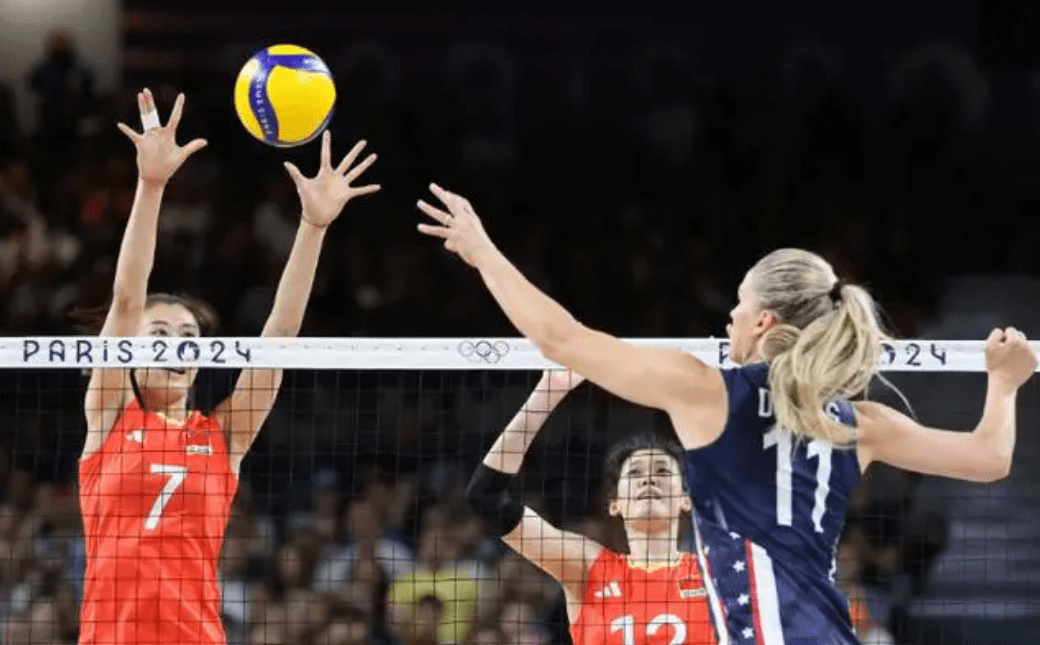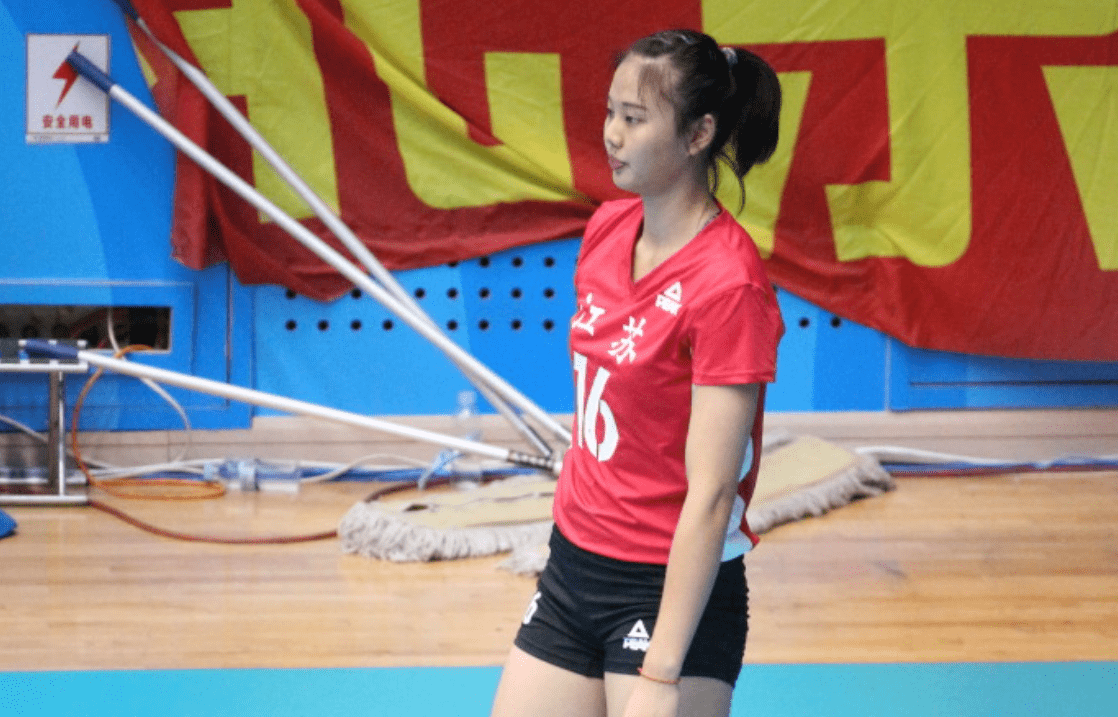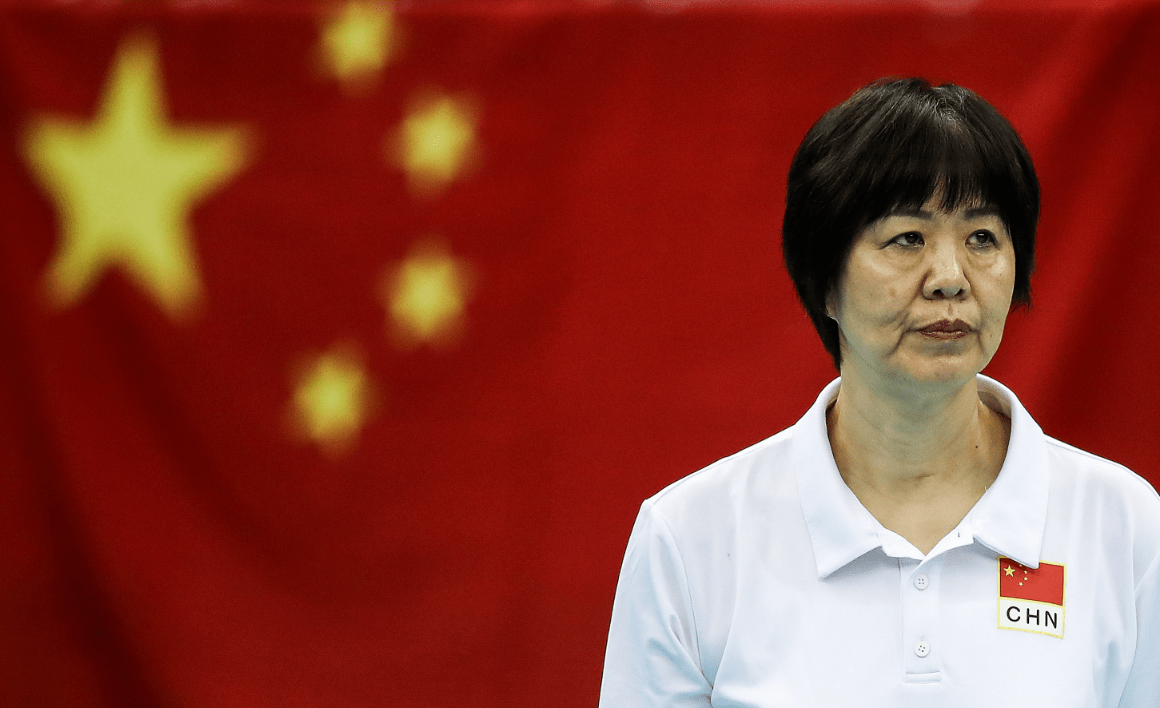After the Paris Olympics, the Chinese women's volleyball team found itself in a seemingly inexplicable stalemate: unsatisfactory results and a head coach position that remained unfilled. Fans anxiously awaited a resolution, with even main player Gong Xiangyu expressing regret during an interview - a fifth-place finish was not up to par for the Chinese team. In contrast, the American women's volleyball team not only concluded their Olympic cycle successfully but also quickly secured a new head coach, with even the men's team's coaching position settled. This comparison naturally raises questions about the Chinese team's future: are they confident or lacking ambition?

Meanwhile, another "big shot" in the volleyball world had embarked on a new challenge in his career. This is Karch Kiraly, known as the "evergreen tree of the world volleyball arena." Since taking over the American women's team in 2014, he led them to win the gold medal at the Tokyo Olympics, achieving a historic breakthrough for the American women's team. In other words, his coaching career can be described as nothing short of a "legend."

However, after the Paris cycle, this renowned coach suddenly announced his resignation and then took on the role of head coach for the American men's team. This was not just a change of roles but also a bold attempt in the international volleyball scene. Many view "cross-discipline coaching" as a high-risk endeavor, but Kiraly's aura is undeniably bright. The American Volleyball Association's keen eye gave him a four-year contract, clearly demonstrating their trust in him.

Coaches like Kiraly, who can excel in both men's and women's volleyball, are rare worldwide. For example, Italy's Marcello Mendez also navigates coaching both genders with ease. It has been proven that as long as you are a top tactician, gender differences are not an issue.

When the news of Kiraly taking over the men's team was officially announced, many Chinese fans couldn't help but wonder: why can't such a world-class coach come to China to coach? But upon reflection, the answer to this question may not be difficult to guess. We are not lacking in funds or sincerity, but we lack the comprehensive layout and decisiveness of the American Volleyball Association. After all, every day of delay could mean the loss of an opportunity forever.

Regarding the American women's team, Kiraly's departure did not plunge the team into chaos. The American Volleyball Association had already identified his successor - Sullivan. This new coach, who played as a libero, was known for his tenacious defense during his playing days and is now highly regarded as the new helmsman of the American women's team. It's rare in the volleyball world for a libero to become a head coach, but Sullivan has won the trust of the association's management with his endurance and judgment.

More importantly, the speed and efficiency of the American Volleyball Association's selection process are impressive. As soon as Kiraly stepped down, Sullivan took office swiftly, with the entire transition process going smoothly. Apparently, they have made comprehensive plans for the new cycle following the Paris Olympics. This decisive decision-making model might be what the Chinese Volleyball Association should learn from most. Just like in a match, the longer the decision-making drags on, the more likely the outcome will tilt towards the opponent.

Looking at the Chinese women's team, our situation is much more complicated. The fifth-place finish at the Paris Olympics is hard to describe, and there is still no clarity on the head coach position. Gong Xiangyu's regret is not just about the match result but also about concerns over the team's future direction. For players, without a clear leader, it's like a ship without a rudder; no matter how strong the oars, good results cannot be achieved.

This is not the first time the Chinese Volleyball Association has faced controversy in selecting a coach. Historically, we have tried to bring in foreign coaches, such as France's Alain Charton, but these attempts ultimately fizzled out due to cultural and communication differences. Although Lang Ping's success demonstrated the importance of an international perspective, finding a coach who understands Chinese volleyball culture and possesses international tactical vision is indeed challenging.
If we consider domestic coaches, An Jiajie is a name often mentioned. He was an assistant coach during Lang Ping's tenure and is well-versed in the technical and tactical systems of the Chinese women's team. However, his coaching experience and credentials are still under scrutiny. At the same time, international coaches like Giovanni Guidetti, though experienced, remain uncertain about adapting to China's volleyball system.
Returning to the comparison between the Chinese and American women's teams, the difference in decision-making efficiency regarding head coaches reflects a gap in volleyball management thinking. The American Volleyball Association's comprehensive layout, from Kiraly to Sullivan and the men's team coach, demonstrates efficient teamwork. In contrast, the Chinese Volleyball Association's hesitation not only makes fans anxious but also gives competitors breathing room and opportunities to plan.
Moreover, the American Volleyball Association's bold appointment of young coaches is something worth reflecting on. Figures like Sullivan, though inexperienced, can gain trust through systematic training. This emphasis on new talent is what we currently lack. In the history of the Chinese women's team, successful coaches tend to be those with seniority and prestige, but attempts at rejuvenation are few and far between.
Of course, selecting a coach is not a simple task. Chinese volleyball culture has its particularities, and integrating foreign coaches takes time, while the rise of domestic coaches requires patience. If a balance can be struck between the two, it might be the way forward for the Chinese women's team to break the deadlock.
The suspense surrounding the head coach position lengthens the waiting time for fans daily, and time, in competitive sports, is often everything. What the Chinese women's team needs is not just a new head coach but also the action power to break the stalemate. Just as indecision is most avoided in volleyball matches, the same applies to volleyball management.
The longer one waits, the higher the cost, and what is lost is not just time but also confidence.